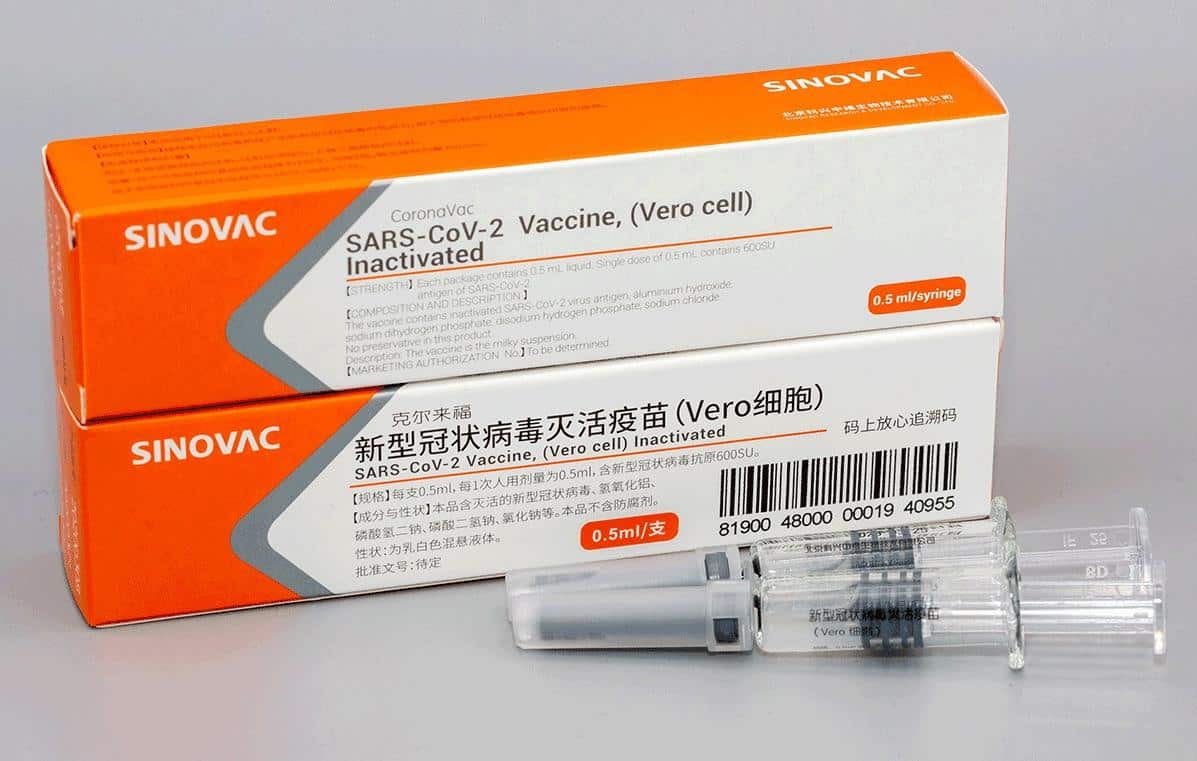RIO DE JANEIRO, BRAZIL – The Coronavac vaccine has proven to be both effective and safe, according to a study released this week by Chinese pharmaceutical company Sinovac Life Science. The study analyzed the behavior of 600 immunized volunteers in China during phase 2 clinical trials. The vaccine is developed by Sinovac Life Science in partnership with the Butantan Institute in São Paulo.
According to the Coronavac vaccine clinical trials coordinator and the Butantan Institute Medical Director of Clinical Research, Ricardo Palácios, the product is very promising and effective. “The studies conducted thus far in China have shown that over 90 percent of volunteers who were administered the vaccine produced antibodies capable of neutralizing the coronavirus; this is a differential,” he said.
According to Palácios, the tests showed that an individual is immunized between two and four weeks. “Two weeks after the second dose people had antibody levels capable of neutralizing the Covid-19 virus,” Palácios said in an interview.

Each volunteer was administered two doses, half of the group receiving the vaccine itself and the other half a placebo. According to the studies, there is no concern over the safety of the vaccine used in volunteers. Among the main adverse reactions is mild pain at the application site, common in other types of vaccine.
The Asian laboratory has already conducted trials on some 1,000 volunteers in China in phases 1 and 2. Previously, the experimental model administered in monkeys showed significant results in terms of immune response against the coronavirus.
The pharmaceutical company supplied Butantan with the vaccine doses to conduct phase 3 clinical trials, the last stage, using volunteers in Brazil, with the goal of demonstrating its efficacy and safety. The trials are being conducted on healthcare professionals. There will be 9,000 healthcare volunteers in six Brazilian states: São Paulo, Brasília, Rio de Janeiro, Minas Gerais, Rio Grande do Sul, and Paraná.
“The vaccine is administered to volunteers, healthcare professionals in the frontline at hospitals, who are at greater risk of contracting the disease, and this is very important because they are professionals who will take care of us if we get sick,” Palácios said.
Should the vaccine be approved, technology transfer for mass production and free supply through the SUS (National Health System) will be ensured. But first, installing the industrial structure for production is required, Palácios said.
“The production aspect of the inactivated virus itself is a little more complex, it involves adjustments of the structure itself, but we have already started with these equipment adjustments so that, once the studies are completed, we will have this planned”. The next step will be the vaccine’s registration by the National Health Regulatory Agency (ANVISA).
Source: Agência Brasil

